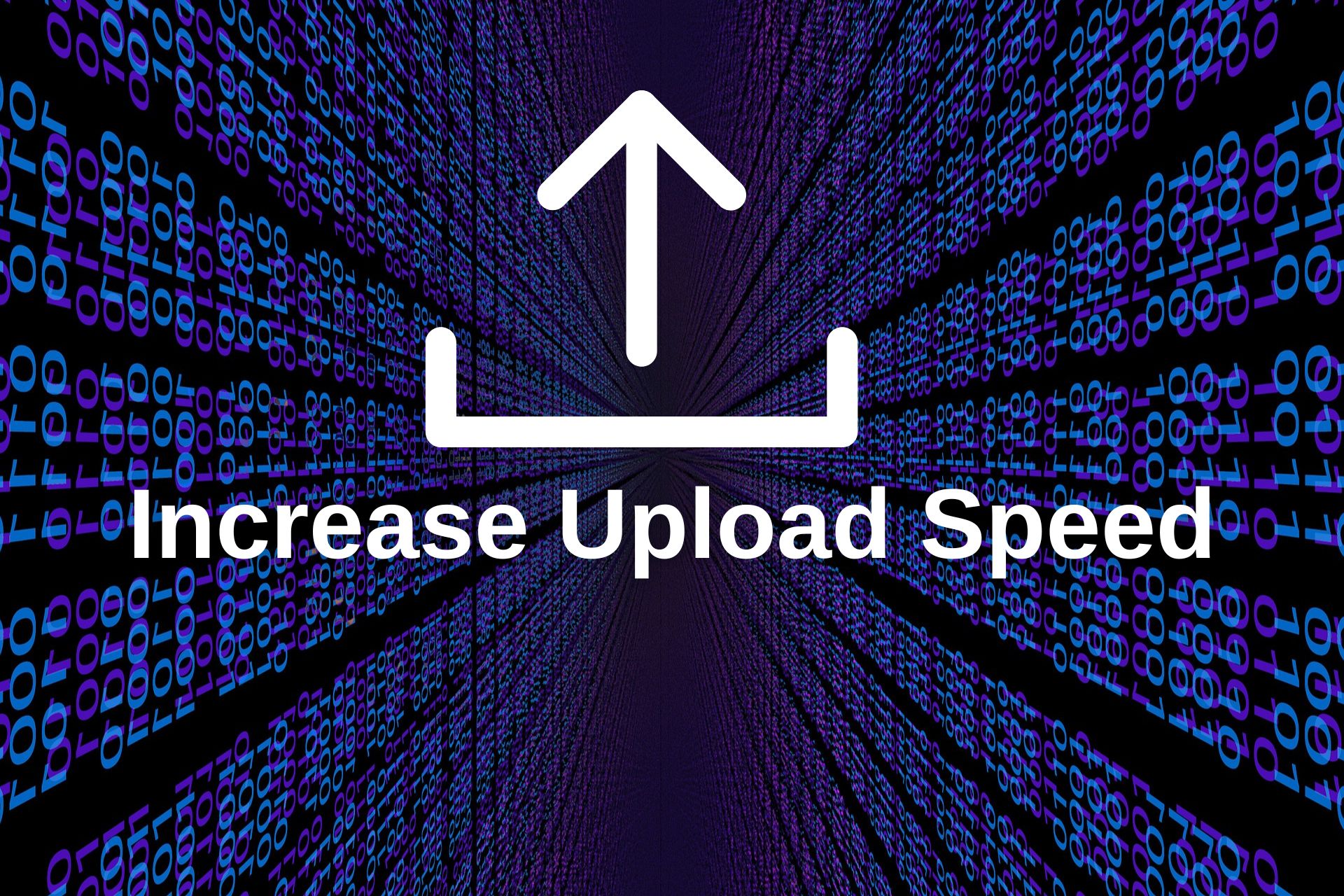Gain in-depth insights into Why Is My Upload Speed Faster Than Download Speed, may the information we provide be beneficial for you.

Why is My Upload Speed Faster Than Download Speed?
In the digital age, where we rely on the internet for work, play, and everything in between, having a fast and reliable internet connection is crucial. However, many people often encounter a peculiar discrepancy: their upload speed is significantly faster than their download speed. This can be frustrating, especially when downloading large files or streaming videos.
To understand this phenomenon better, it’s essential to delve into the fundamentals of internet connectivity and the factors that influence upload and download speeds.
Download vs. Upload Speed: Understanding the Difference
When you access the internet, you send and receive data. Downloading involves fetching data from a remote server, such as when you open a website or download a file. On the other hand, uploading involves sending data from your computer to a remote server, such as when you post a photo on social media or upload a video to a cloud storage service.
Both download and upload speeds are measured in megabits per second (Mbps), which represents the amount of data that can be transferred in a second. Typically, download speeds are faster than upload speeds because most internet traffic involves downloading content, such as web pages, videos, and software updates.
Why Upload Speed is Often Faster Than Download Speed
There are several reasons why upload speed may be faster than download speed on your internet connection.
**1. Asymmetry of Internet Connections:** Internet service providers (ISPs) often provide asymmetric bandwidth, meaning that upload and download speeds are not equal. This asymmetry is due to the nature of internet traffic, which is typically more download-intensive than upload-intensive. By allocating more bandwidth to downloads, ISPs can cater to the majority of internet users’ needs.
**2. Router Configuration:** Your home router, which connects your devices to the internet, may be configured to prioritize upload traffic over download traffic. This can be done to improve the performance of online gaming, video conferencing, or other applications that require a fast and stable upload connection.
**3. Network Congestion:** If your local network is experiencing congestion, it can affect download speeds more than upload speeds. Congestion occurs when multiple devices on the same network are sending and receiving data simultaneously. This can slow down overall internet performance, especially for large downloads.
**4. Hardware Limitations:** Your computer or other devices may have limitations that affect download speeds. For example, an outdated network card or a hard drive with slow read/write speeds can hinder download performance.
Tips to Improve Upload Speed
If you’re experiencing slow upload speeds, there are some steps you can take to improve them:
**1. Check Router Settings:** Log into your router’s configuration page and look for settings related to upload speed or bandwidth allocation. Ensure that the router is not prioritizing download traffic over upload traffic.
**2. Reduce Background Traffic:** If other devices on your network are actively downloading large files or streaming videos, it can slow down upload speeds. Suspend or limit these activities to improve upload performance.
**3. Upgrade Hardware:** If your computer or other devices have outdated hardware, consider upgrading them. A new network card or a solid-state drive (SSD) can significantly boost upload speeds.
**4. Contact Your ISP:** If you’ve tried the above steps and still experience slow upload speeds, contact your ISP. They may be able to troubleshoot the issue or upgrade your internet plan to provide faster upload speeds.
FAQs on Upload and Download Speeds
**Q: Why is my download speed faster than my upload speed?**
A: This is the typical scenario, as most internet traffic involves downloading content. ISPs typically allocate more bandwidth to downloads to accommodate the majority of users’ needs.
**Q: Is a faster upload speed always better?**
A: Not necessarily. For most internet users, a faster download speed is more important than a faster upload speed. However, if you frequently upload large files or use applications that require a fast upload connection, a faster upload speed can be beneficial.
**Q: Can I get symmetric internet speeds?**
A: Yes, some ISPs offer symmetric internet plans that provide equal upload and download speeds. However, these plans are typically more expensive than asymmetric plans.
Conclusion
Understanding the difference between upload and download speeds and the reasons behind an upload speed that is faster than a download speed can help you troubleshoot and optimize your internet connection. By following the tips and advice provided, you can improve your upload speed and enjoy a faster and more reliable internet experience.
Are you satisfied with the topic? Always remember to visit this website for more information.

Image: forum.vodafone.co.uk
Thank you for reading Why Is My Upload Speed Faster Than Download Speed on our site. We appreciate your visit, and we hope you benefit from Why Is My Upload Speed Faster Than Download Speed.